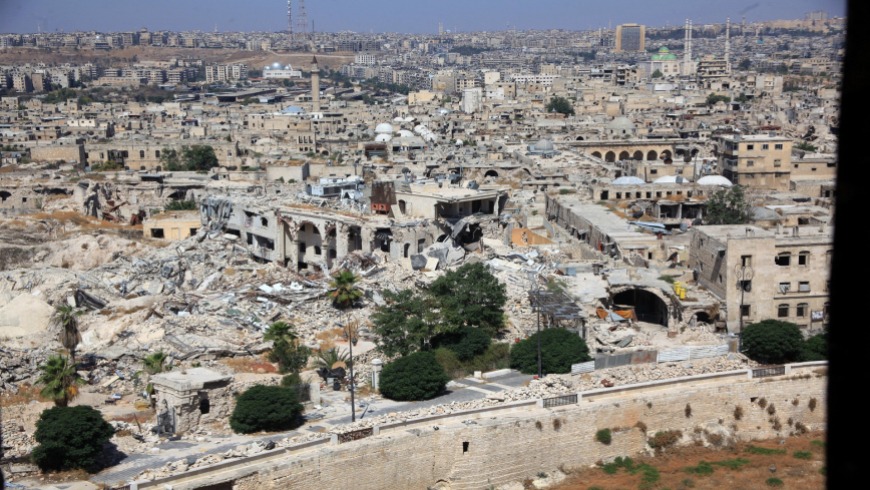The yearning of displaced Aleppans for their lost paradise rekindles discussions about Aleppo’s revival. Since its fall to the regime, backed by Russia and Iran in 2016, the discourse continues to captivate attention, despite being laden with dreams and political idealism.
Turkey recently announced a tripartite mechanism to establish the “Aleppo model” for refugee repatriation, showing potential. However, Yassin Aktay’s proposal to place Aleppo under international trusteeship for refugee return seems distant in current geopolitical realities.
Aleppo’s historical significance has long interested Turkey, but obstacles remain. Half of Syria’s refugees within Turkey are from Aleppo, complicating any solution originating there.
Over seven years, Turkey has not presented a comprehensive vision for Aleppo despite its importance. Hurdles for any agreement involving Aleppo include political, military, security, and societal challenges. The absence of necessary frameworks renders international protection unfeasible. Collaborating with regional and global powers remains difficult due to competing interests.
Erdogan Instructions: What’s the “Aleppo Model” for Repatriating Syrian Refugees?
In essence, the aspiration for Aleppo’s resurgence faces formidable barriers, suggesting it hinges on broader political resolutions and international collaboration.
Secondly, Turkey’s ongoing discussions with Russia and the Assad regime might aim to create jobs for refugees, luring them back to Aleppo. But the crucial issue remains: how can those returning face neighborhoods scarred by their oppressors? Assad’s forces and Iran-backed militias that now control these areas present insurmountable hurdles.
Third, the geopolitical landscape complicates the plan. Stronger international players in Syria overshadow Turkey’s influence. These forces prioritize their interests, not Turkey’s proposal.
Fourth, with militias and a weak state presence, returning to Aleppo is dangerous. A secure environment, backed by the UN, is essential for people and businesses to thrive.
Fifth, Yassin Aktay’s idea of international trusteeship needs a neutral military presence. However, nations are reluctant to risk their forces for Turkey’s gain. Turkey itself hesitates due to risks and its Syrian involvement. Delegating to unreliable factions raises credibility issues.
Sixth, local factions that prioritize peaceful solutions oppose Turkey’s understanding of Russia. Some, like the National Army, retain control over key areas, aligned with Astana agreements.
Seventh, Hayat Tahrir al-Sham’s approval is pivotal. Their exclusion obstructed previous agreements, as seen in the Sochi buffer zone.
Eighth, the Assad regime focuses on Turkish force departure, not refugee returns. Assad’s statements cast doubt on negotiations over Aleppo.
In Turkish political circles, Aleppo discussions often start informally, later leaking through official channels, hinting at underlying political motives. Despite the city’s emotional resonance, Turkey’s preservation efforts are lacking.
In conclusion, achieving Aleppo’s revival faces challenges akin to lengthy discussions in Astana and the Constitutional Committee. It requires political alignment, security, and international reconstruction support, making it a challenging aspiration.
This article was translated and edited by The Syrian Observer. The Syrian Observer has not verified the content of this story. Responsibility for the information and views set out in this article lies entirely with the author.


